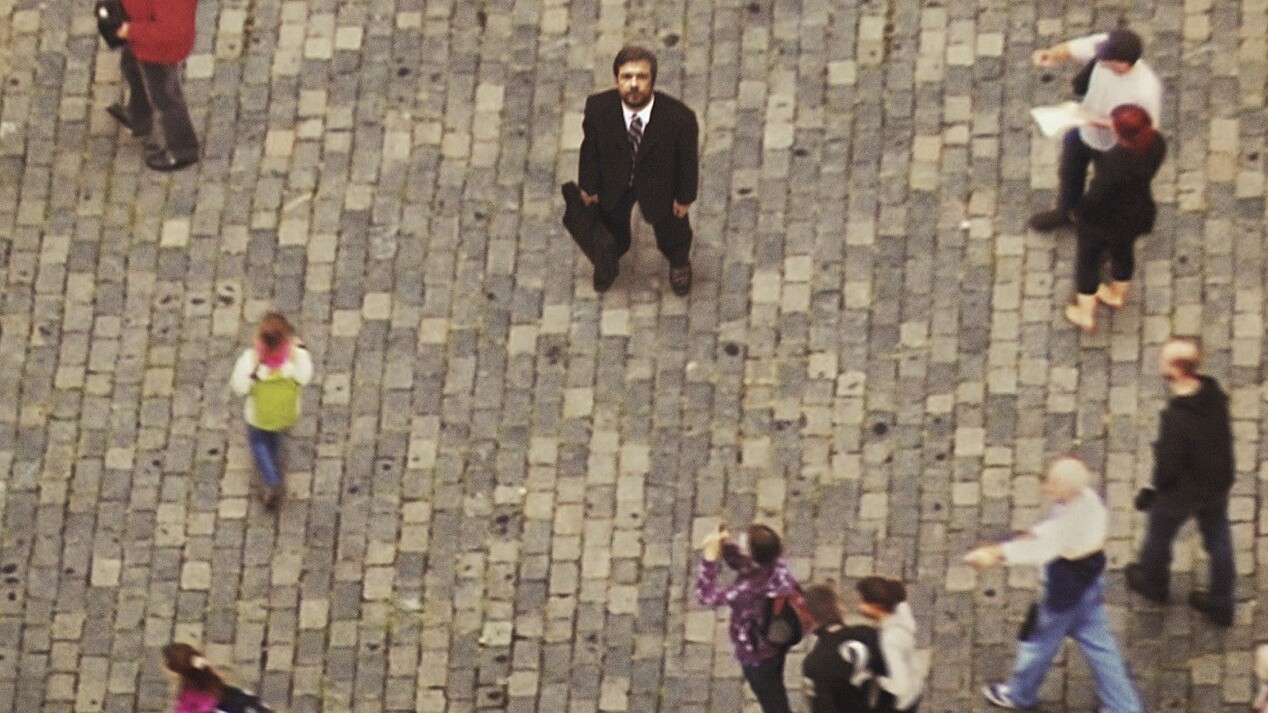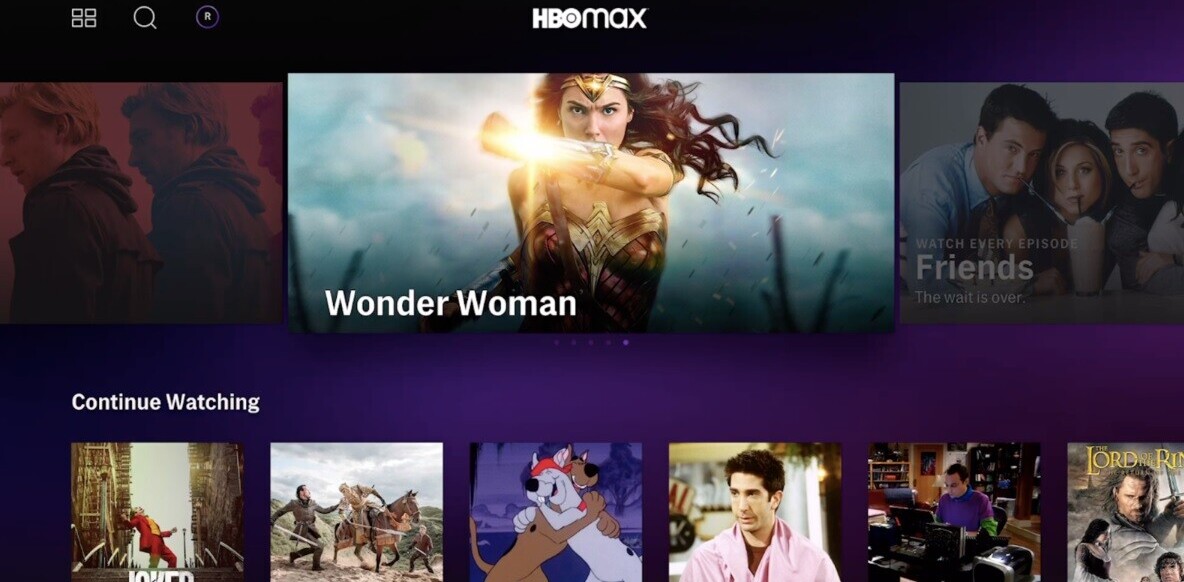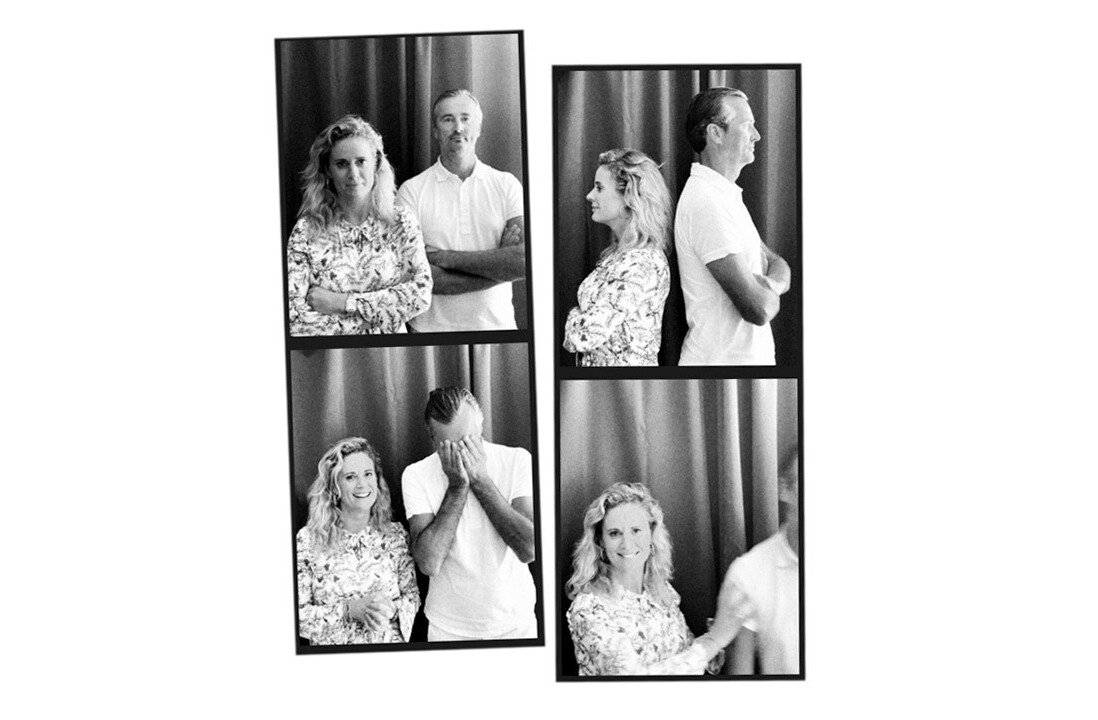
After watching the film Disconnect, we interviewed director Henry Alex Rubin to learn more about what he was trying to communicate through the movie and why Google chairman Eric Schmidt told him it’s the “most authentic portrayal of the Internet” he’s ever seen.
Watching the film, which has been gradually rolling out to theaters in the US, was a deeply emotional experience for me. Different elements of each of the story lines resonated with not just my own relationship with technology but also how I connect with other people.
Disconnect plays out as a sort of Crash for social media, following several interconnected storylines – a family affected by cyber-bullying, a husband and wife devastated by identity theft, and a journalist that gets tangled up with an online child pornography ring.
Although some critics have painted the film as being anti-technology, that’s a reductive view. It builds the characters and plays out their actions without being preachy.
No answers
For Rubin, Disconnect explores “the communication and miscommunication between people that can be mediated by all these screens in our lives.”
“I’ve been surprised by the simplicity of some of the readings of the film,” he said. “When I read the script, the thing that flashed for me wasn’t a message about anything. First, I was surprised at how authentic these stories were. What I took away was that it was about the power of human relationships.”
“I wanted to make an emotional thriller that really didn’t have any answers,” Rubin continued. “That was my goal. I didn’t necessarily have a clear-cut message. I wasn’t really preaching anything. I was really interested in the exploration of these three different stories and the relationship in which we interact with each other and technology.”
The director also noted that he relates to the way technology is used in the movie as well.
“I think I struggle with the amount of time I should be on my phone and the amount of time I should be present with people. I find that every day…I meet other people who are having the same struggle to balance their devices and the people around them. It’s all so new, nobody knows the rules.”
Rubin confessed to participating in rounds of Phone Stacking, a battle of wills where a dinner group stacks all their phones on the table and the first to reach for theirs has to pay for the meal.
Schmidt’s reaction
He added that Google chairman Eric Schmidt came to the film’s premiere and “loved it.”
“[Schmidt] didn’t think it was anti-technology at all. He thought it was addressing real issues,” Rubin said. “He kept saying, ‘This is brilliant, this is the most authentic portrayal of the Internet that I’ve seen in a movie yet.'”
In fact, Schmidt was so impressed by the movie that he invited Rubin to do a screening for employees at the Google campus.
An app for that
When I asked Rubin what types of technology he has found that really make a difference in his life, he pointed to a few popular apps.
“About 8 months ago, a friend convinced me to get on Instagram. I love it. It’s a really nice way to keep in touch with family and friends without any words. Since I’m more of a visual person, it appealed to me personally.”
He then admitted to sometimes having to retreat from Instagram so that he’s able to enjoy the moment more instead of focusing on trying to capture it to share on the service.
Rubin also said he couldn’t do without the cricket noise app on his iPhone, which he jokingly called his best friend. He said he grew up in country with the sound of crickets at night, so he relies on the app to help him sleep while in New York.
“Uber is incredible. I’ve become addicted to it,” he said, adding that it has gotten him out of a jam on several occasions.
For his work, Rubin relies on a solar pathfinder iPhone app to always know where the sun is when shooting a scene.
Glass and the singularity
Given the cautionary tale that Disconnect tells about smartphones, tablets and PCs, I was curious whether he viewed new technologies such as Google Glass as being even more dangerous for society.
“I was just at Google, and a bunch of people are wearing Google Glass already…That’s something I’ve wanted and dreamed about my entire life since I was a kid: a camera in my eyeball. It’s hard for me to be against it as a filmmaker. I’m really for it.”
Rubin speculated that the device could have a huge impact filmmaking, especially documentaries.
“The most difficult things to capture on screen are intimate moments, moments that feel real between two people,” he said. “For documentarians, Google Glass is going to be revolutionary, much more intimate…It’s going to be radical. You’re going to get to go places you’ve never been.”
He stressed that technology is simply a tool: “It can build a bomb or send a man to mars.”
“I feel like [technology] reflects people’s personalities. I’m not sure that it induces people to change their behavior completely,” he said.
“This is a conversation everyone’s having. There’s no answer to how much you should be online or be engaged with the alternate reality online.”
At least for now, Rubin believes the physical world feels “much more real” than the online world, however, he sees that changing as things progress.
“As we approach the future, there will be no big differentiation between the alternate world of being online and the physical world. They will be equally important, these two worlds, and we’ll be able to move in and out of them as quick and smooth as the blink of an eye. The Internet, it’s here to stay and we’re only going to be more and more connected to it….until the singularity comes and we attach ourselves to computers,” he said, adding that he finds the prospect “terribly exciting.”
Special time
As the real and online worlds converge, Rubin believes that spending physical time with others will become more special.
“Whereas it feels very routine now, making time to spend time with friends will be just as special as it is now to set up a Skype call,” he said. “We have to have strong enough character as individuals to recognize the importance of physical and human contact so that it doesn’t suffer as a consequence of being connected with other people in another location,” he said.
According to Rubin, part of the struggle that we’re collectively experiencing today is that parents themselves are on new ground.
“Parents haven’t figured out yet how to teach their kids how to interact with technology. They don’t know the rules. They just don’t know what the exact thing is to do.”
Disconnect doesn’t provide parents with the answers for the coming generation of connected kids, but it does raise some of the questions we should be asking. In the meantime, maybe Schmidt will add Rubin to the #ifIhadglass Explorers team so we can see what he’d create with a camera in his eyeball.
Get the TNW newsletter
Get the most important tech news in your inbox each week.





